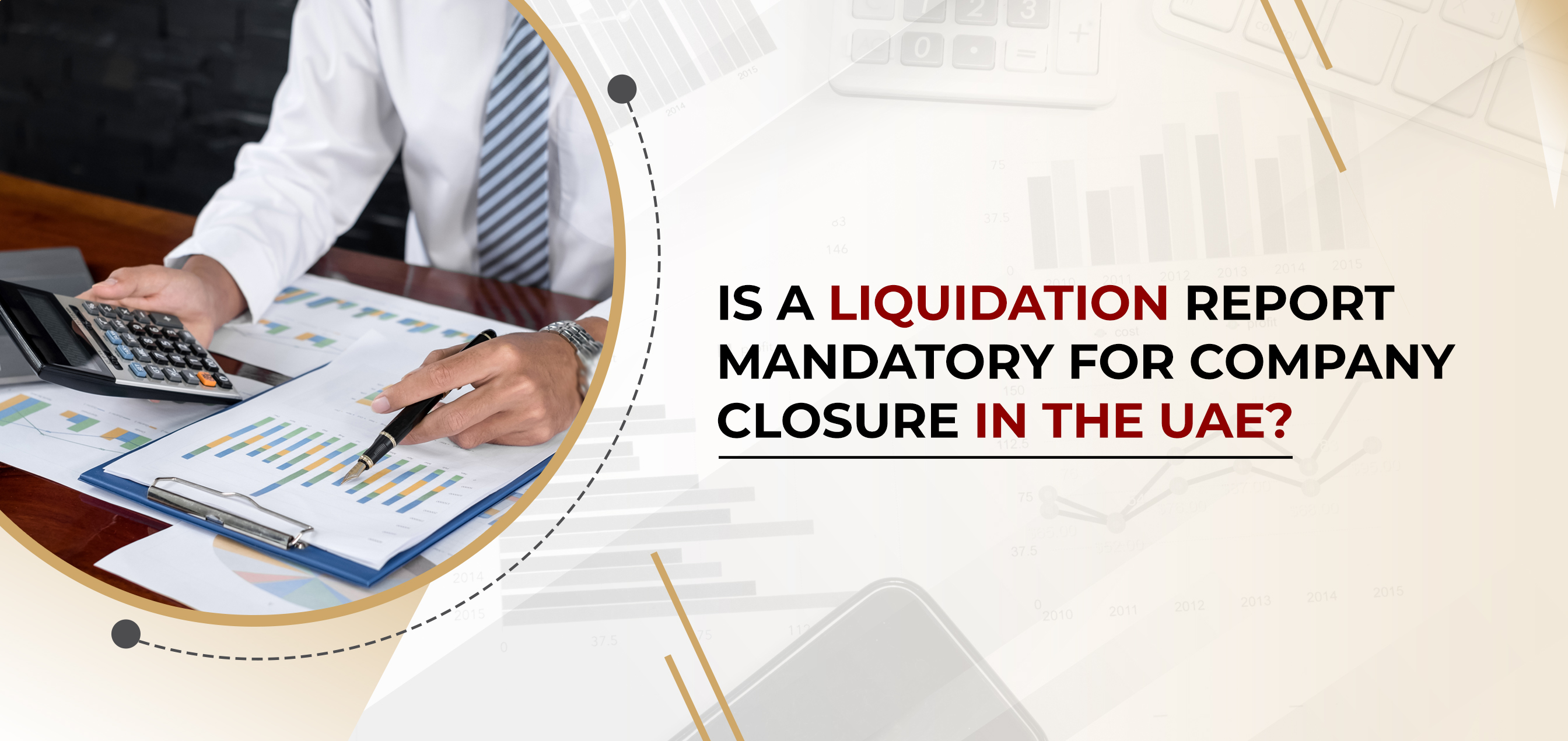
25 Apr 2025
With the UAE’s implementation of Federal Decree-Law No. 47 of 2022 on the Taxation of Corporations and Businesses, corporate tax has become a central pillar in the nation's evolving fiscal framework. This newsletter provides a detailed overview of the requirements, compliance steps, and implications for businesses operating in the UAE Mainland.
1. Taxable Entities and Exemptions
Under the UAE Corporate Tax Law:
- Taxable Persons: This includes legal entities (e.g., LLCs) and individuals conducting business in the UAE mainland.
- Exemptions:
-
Government entities and government-controlled organizations.
-
Charities, public benefit organizations, and certain qualifying investment funds.
-
Extractive and non-extractive natural resource businesses that are already subject to Emirate-level taxation.
2. Corporate Tax Rates
The corporate tax structure aims to maintain a competitive environment for businesses while adhering to international tax standards:
-
0% for taxable income up to AED 375,000, supporting small and medium-sized enterprises (SMEs).
-
9% for taxable income exceeding AED 375,000.
-
Qualifying Free Zone Entities: Entities meeting regulatory requirements can enjoy a 0% rate on qualifying income.
3. Determination of Taxable Income
Taxable income is calculated based on accounting profits, aligning with International Financial Reporting Standards (IFRS). Key considerations include:
-
Deductible Expenses: Allowable deductions include employee salaries and operational expenses.
-
Transfer Pricing Regulations: Transactions between related parties must comply with arm’s length principles to prevent tax evasion.
4. Filing Requirements and Compliance Deadlines
Businesses operating in the UAE Mainland must adhere to stringent compliance standards:
-
Tax Return Filing: Annual filing is mandatory, with returns submitted within 9 months after the end of the financial year.
-
Record Retention: Companies must maintain financial records for a minimum of seven years.
-
Penalties for Non-Compliance:
-
Late submission penalty: AED 1,000 for the first instance; AED 2,000 for repeated delays within 24 months.
-
Additional penalties apply for incorrect declarations or tax evasion.
5. Implications for Businesses
The UAE's corporate tax framework ensures alignment with global standards while maintaining the country's appeal as an investment hub. Businesses must:
-
Evaluate their taxable income and ensure compliance with transfer pricing regulations.
-
Optimize tax strategies through proper expense deductions and utilization of loss carry-forwards.
-
Partner with tax professionals to streamline compliance processes and avoid penalties.
How AMCA Can Help
At AMCA, we specialize in helping businesses navigate the complexities of corporate tax compliance in the UAE Mainland and Free Zones. From assessing your eligibility for free zone tax benefits to ensuring timely filings and adherence to transfer pricing guidelines, our team of experts provides tailored solutions for your business needs.
Why Choose AMCA?
-
Proven expertise in UAE corporate tax compliance.
-
Comprehensive advisory services tailored to your business structure.
-
Support for filing returns, managing audits, and leveraging tax benefits.
Contact AMCA today to schedule your free 30-minute consultation and learn how we can add value to your business: +971 4 240 8784
Read More: The Importance of VAT Audits for Businesses in Dubai
Read More: Top 8 Audit Firms in Dubai
Read More: Bookkeeping Tips for Startups to Maintain Positive Cash Flow
Read More: The Essential DIFC List of Auditors: Ensuring Financial Transparency and Compliance



